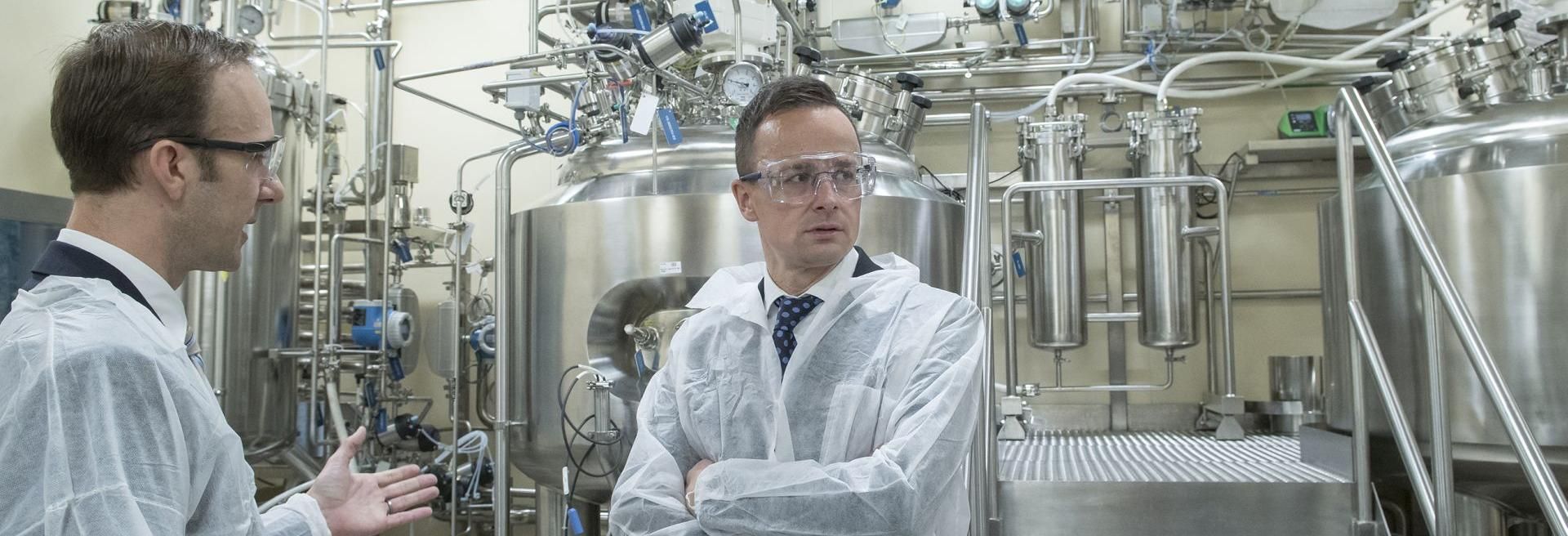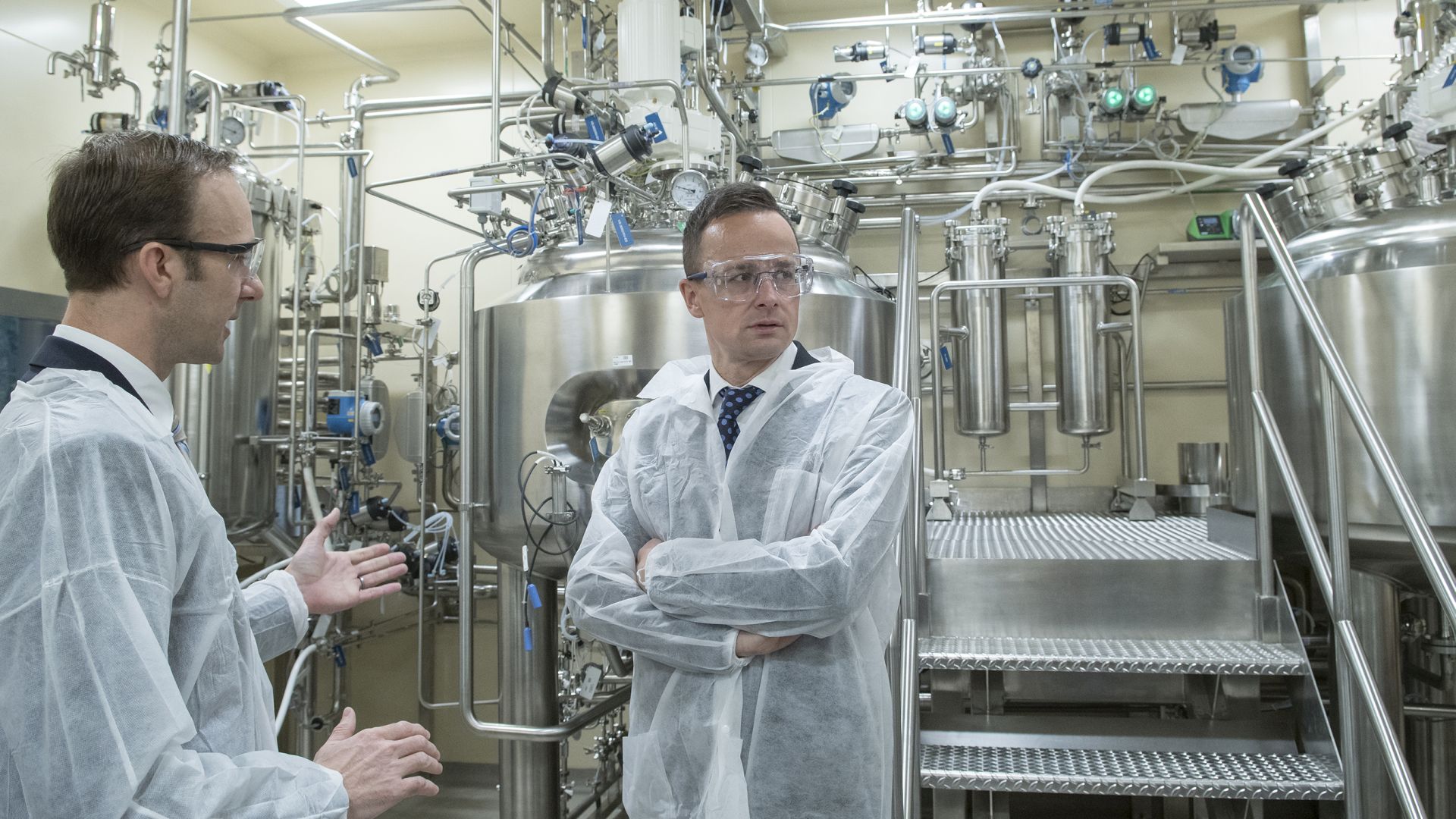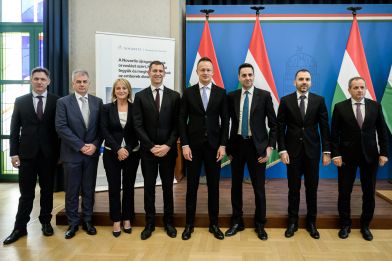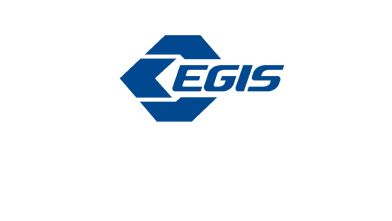
Vaccine manufacturing in Gödöllő has gained strategic importance - VIDEO REPORT
2019. 11. 12.

As a result of the latest development of GSK, the operations of the Hungarian factory have been extended to manufacture diphtheria and tetanus vaccine components for a new area of application. With the completion of the EUR 57 million investment, GSK is to manufacture all DT and TT (Diphtheria Toxoid and Tetanus Toxoid) products at one single location in Gödöllő.
GlaxoSmithKline (GSK) was established in 2001 by the merger of GlaxoWellcome and SmithKline Beecham, with the previous one having a century-long history. The pharmaceutical and healthcare research-oriented company group based in Brentford, United Kingdom has three main portfolios: pharmaceuticals, vaccines and consumer healthcare. GSK is operating in over 150 countries and has 87 manufacturing sites in 36 countries worldwide. The company employed more than 95,000 associates in 2018, with nearly 12,000 people working in the field of research and development.
One of the largest pharmaceutical companies of the world has been present in Hungary since 2001 and became the strategic partner of the Hungarian government in 2014. By employing some 300 people based on the latest figures, the site of the manufacturing unit in Gödöllő manufactures two types of antigens (diphtheria and tetanus). Over the last decades, the Hungarian site has proven to represent world-class, high added value within the GSK network.
The recently inaugurated development is the second step of a programme launched in 2016, thanks to which the Hungarian factory will manufacture diphtheria and tetanus components for a new area of application compared to the previous one. The investment reinforces the strategic role of the factory in Gödöllő within the company, at the same time giving an opportunity for GSK to manufacture all DT and TT (Diphtheria Toxoid and Tetanus Toxoid) products at one single location, which in turn will make processes leaner and more efficient. As a result of the above, the Hungarian factory unit will more than double its share in vaccine sales, while the production value will triple, and the manufactured vaccine components will provide protection for billions of infants and children worldwide.
Pharmaceuticals, which are deemed to be traditional in Hungary, have played a prominent role in the Hungarian national economy for decades, and based on revenue-proportions market shareholders spend the most in this sector on innovation, therefore this sector can be considered as the most innovative area of the Hungarian economy.



